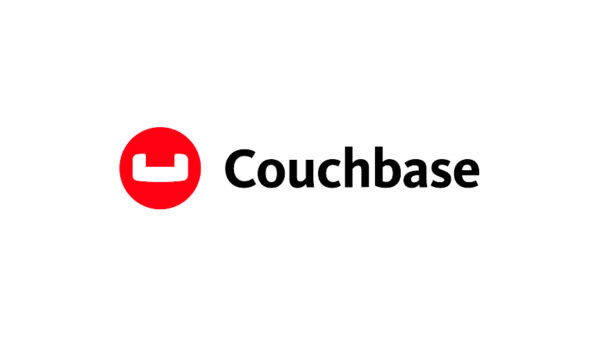If you know anything about online marketing, then you will probably be aware that producing content that is reliable and high-quality is a fundamental component to generating more traffic. Although this is true, it’s only half the battle since arguably the most difficult part is to promote it online. To put it simply, your content needs links in order to get a strong ranking on Google’s SERPs. Links pointing to your content from reliable websites indicate to Google that what you’ve produced is high in quality.
Link-building can be an arduous and time-consuming process, especially if you don’t know much about it.
Read on to find out more about the important aspects of link-building.
Outreach
Almost every strong link-building strategy revolves around outreach. This is essentially the process of reaching out to others in your niche and introducing them to your content. The most important drivers for outreach are:
- Relevance: the websites that you are reaching out to must be relevant to the content that you want them to publish.
- Value: the websites you’re reaching out to must be of high value.
- Creativity: link-building is a competitive industry which further necessitates the need to have a creative approach to grab the attention of top-tier publishers.
Due to the sheer competitiveness of link-building, there is a vast amount of digital agencies that specialize in this particular field of SEO, such as Click Intelligence. This element of SEO can be difficult to accomplish effectively, so investing in the services of an agency could be a wise move. You can find out more about what Click Intelligence has to offer at the following URL: www.clickintelligence.co.
Vetting Relevant Publishers
Not all links are equal. A link from a high-quality source, such as the BBC, will carry a lot more weight than a link from a random blog that doesn’t get much traffic. Some links will actually do more harm than good. Links from spammy websites will indicate to Google that your page is low in quality, thereby pushing you further down the rankings.
Having a special system in place where you can measure the quality of a website can help narrow your link-building efforts only towards quality websites. Using SEO tools, like Ahrefs, you can quickly view the credibility of a website by looking at its domain rating. Other factors to look out for are the amount of traffic they generate as well as their backlink profile.
Build Relationships
If you build good relationships, you build good links. There are plenty of ways to gain new contacts. You should start with niche-related communities like forums, blogs or social groups. Try to make the first step by contributing with valuable comments, posts and content, each providing contextual value to the discussion. By being constantly active in these communities, not only will you gain good backlinks, but you will also be exposed to the best industry news in your field as well as connecting with some interesting people.













































































































